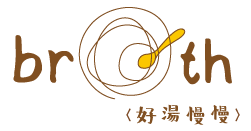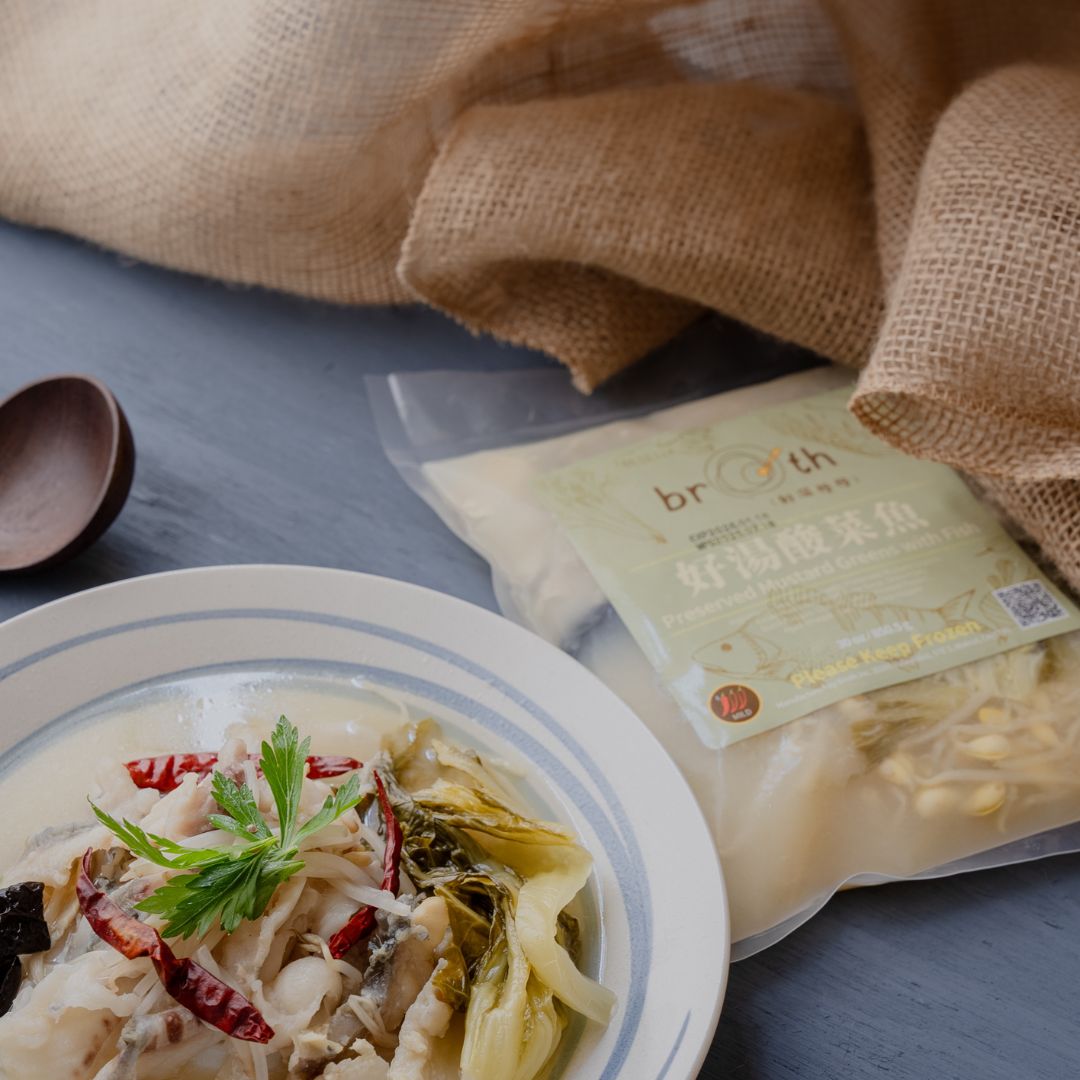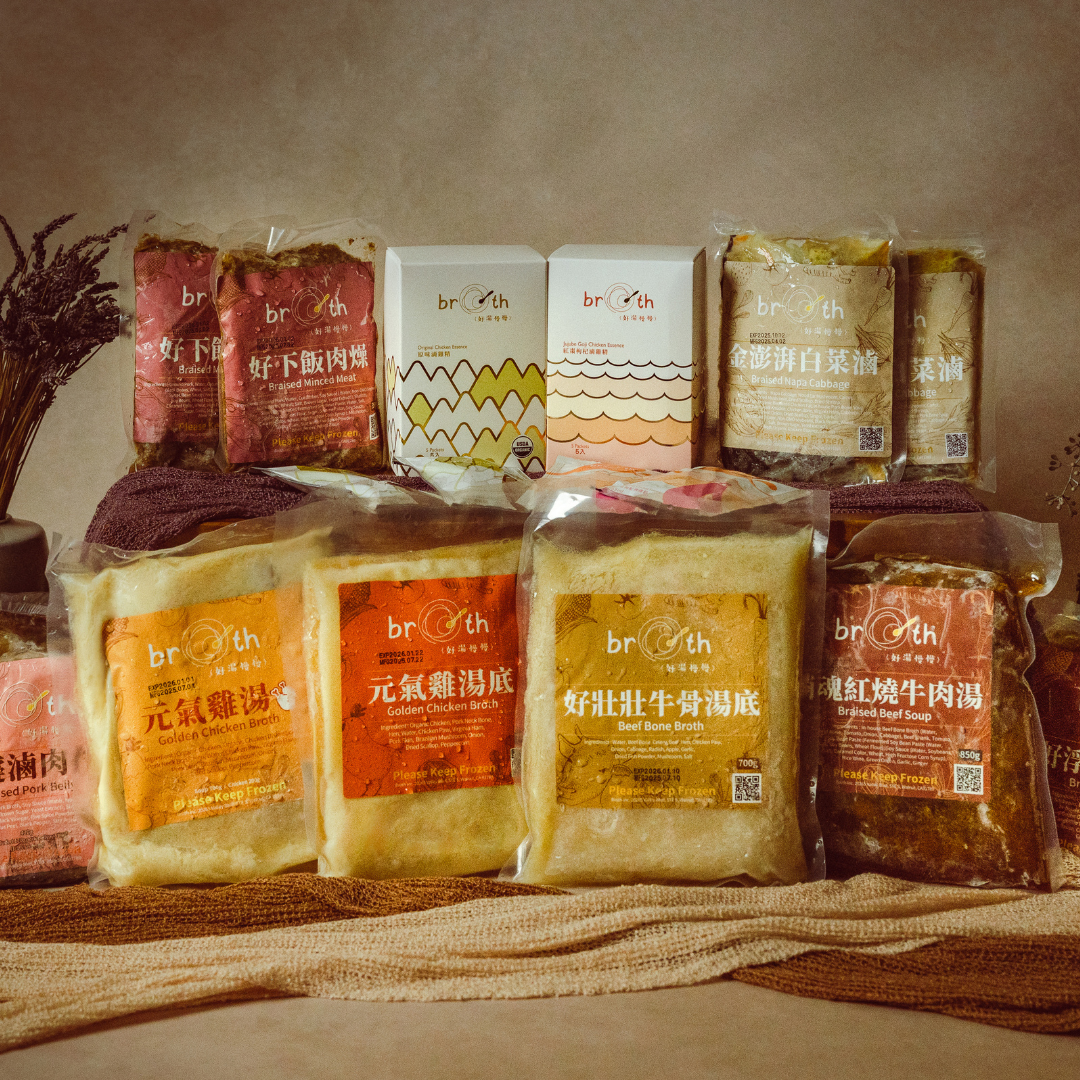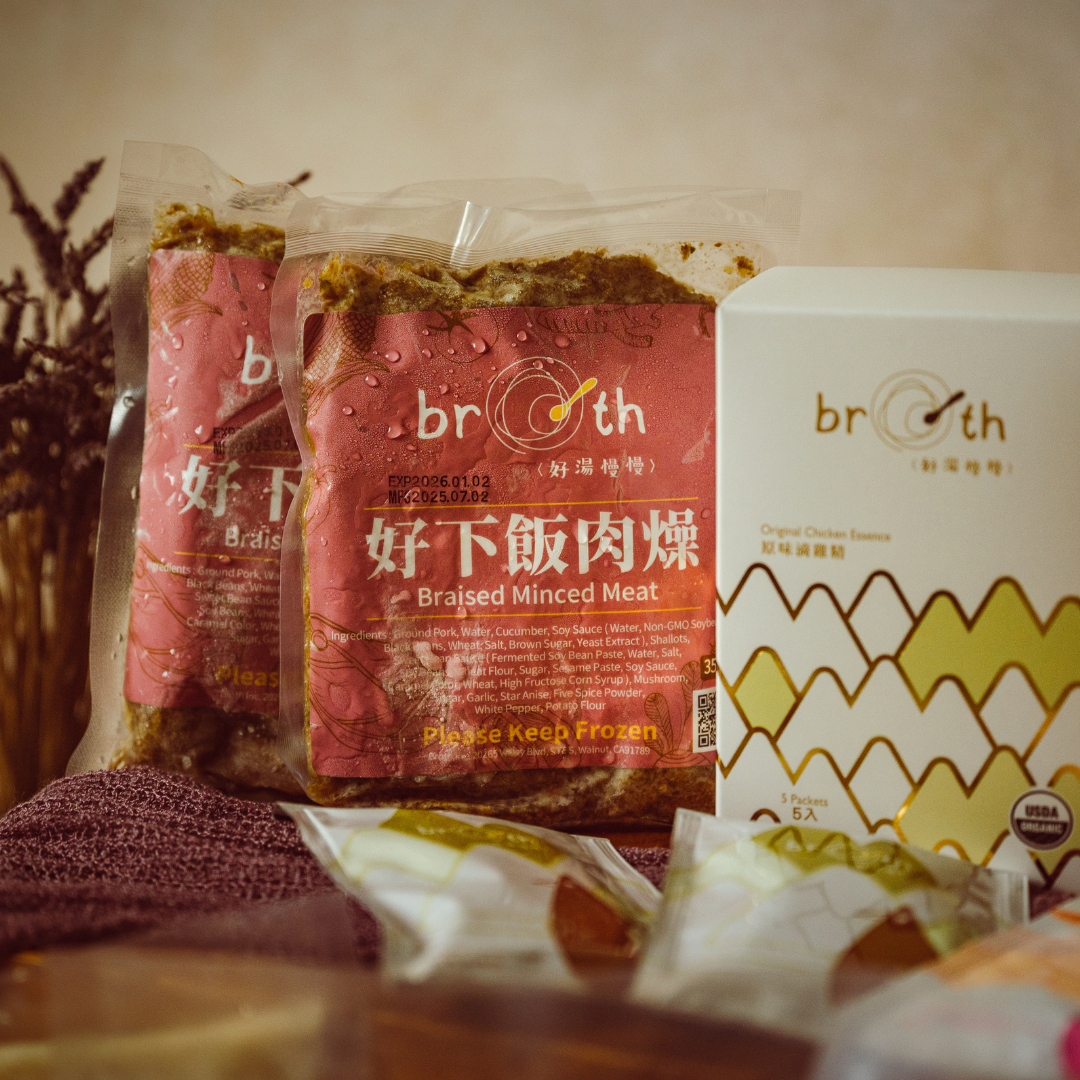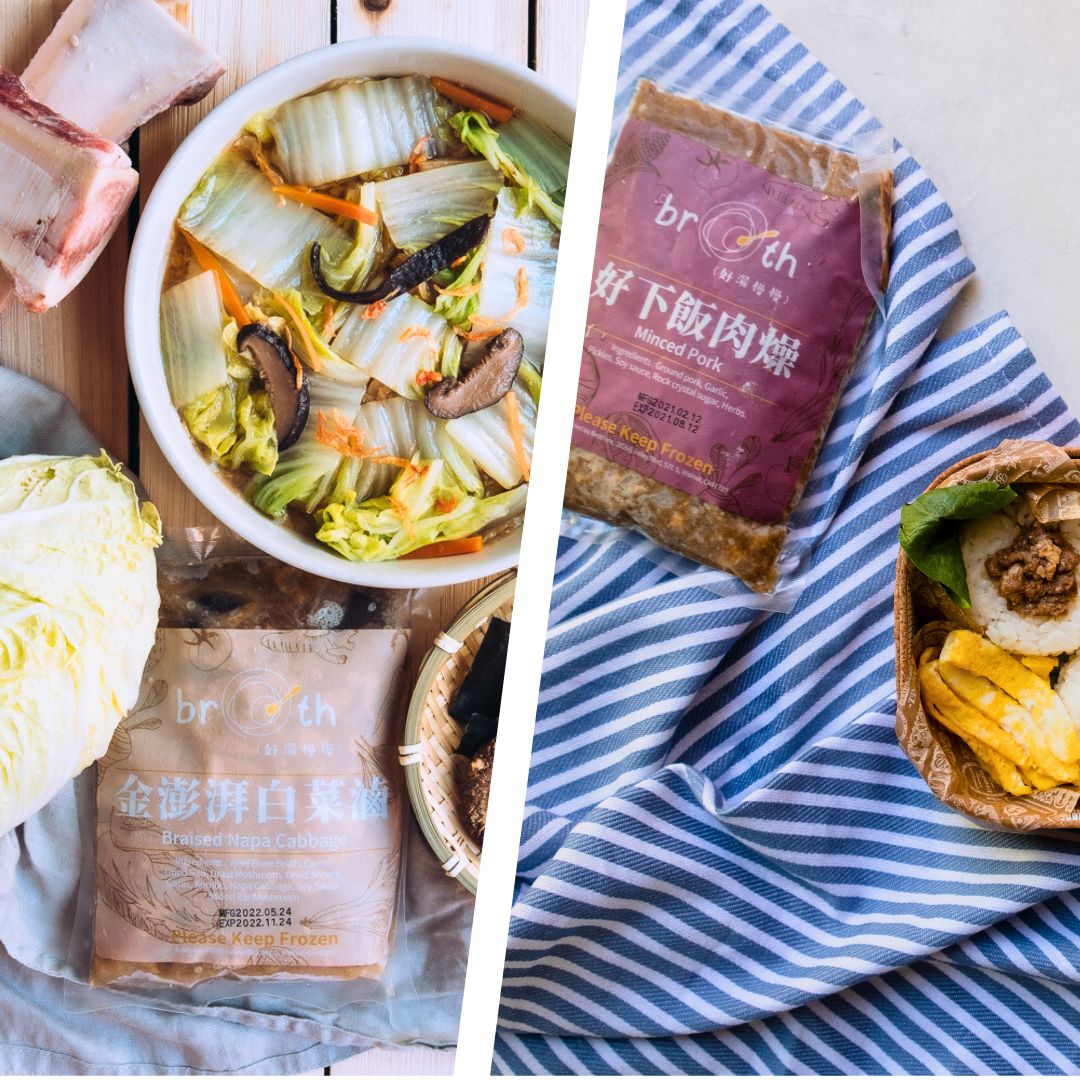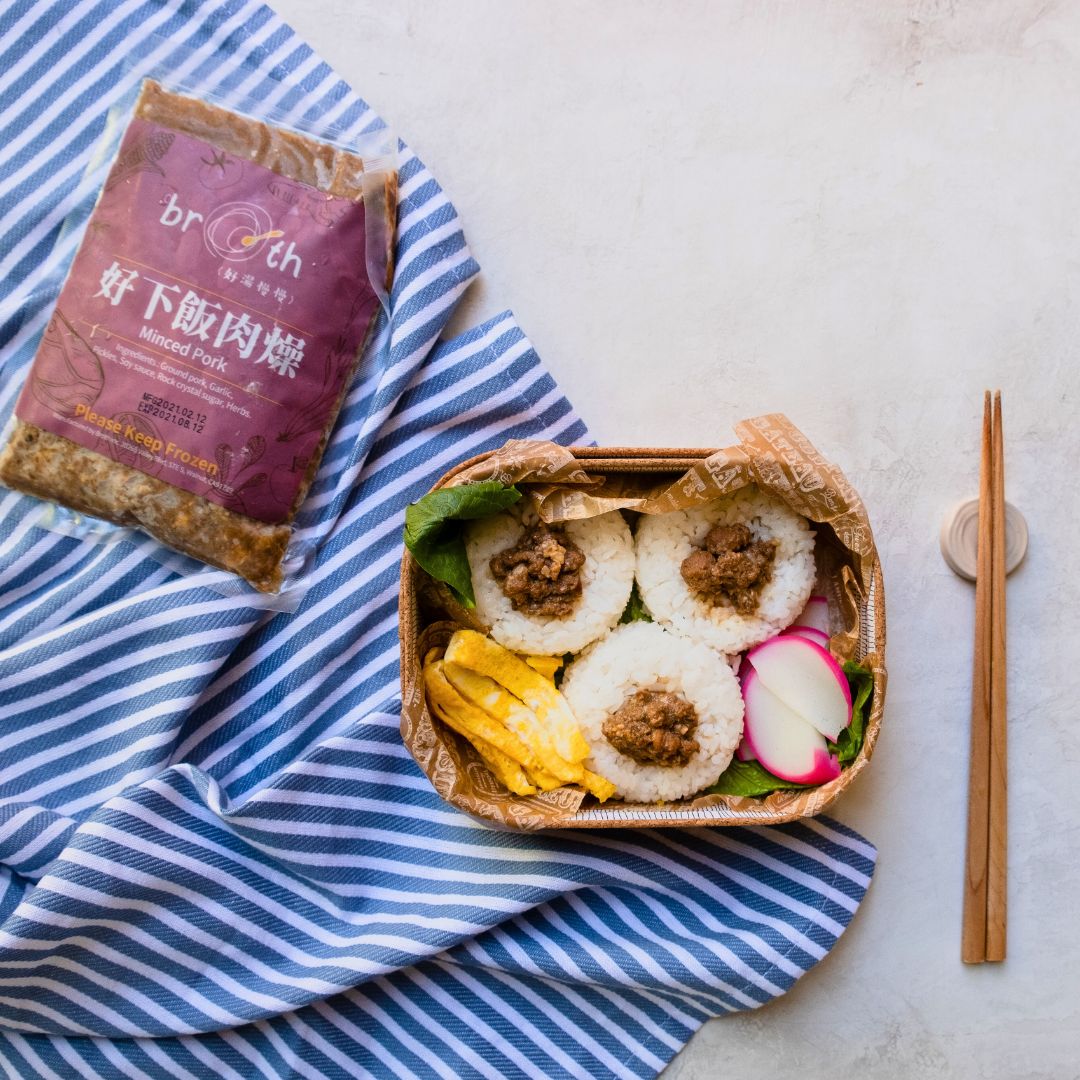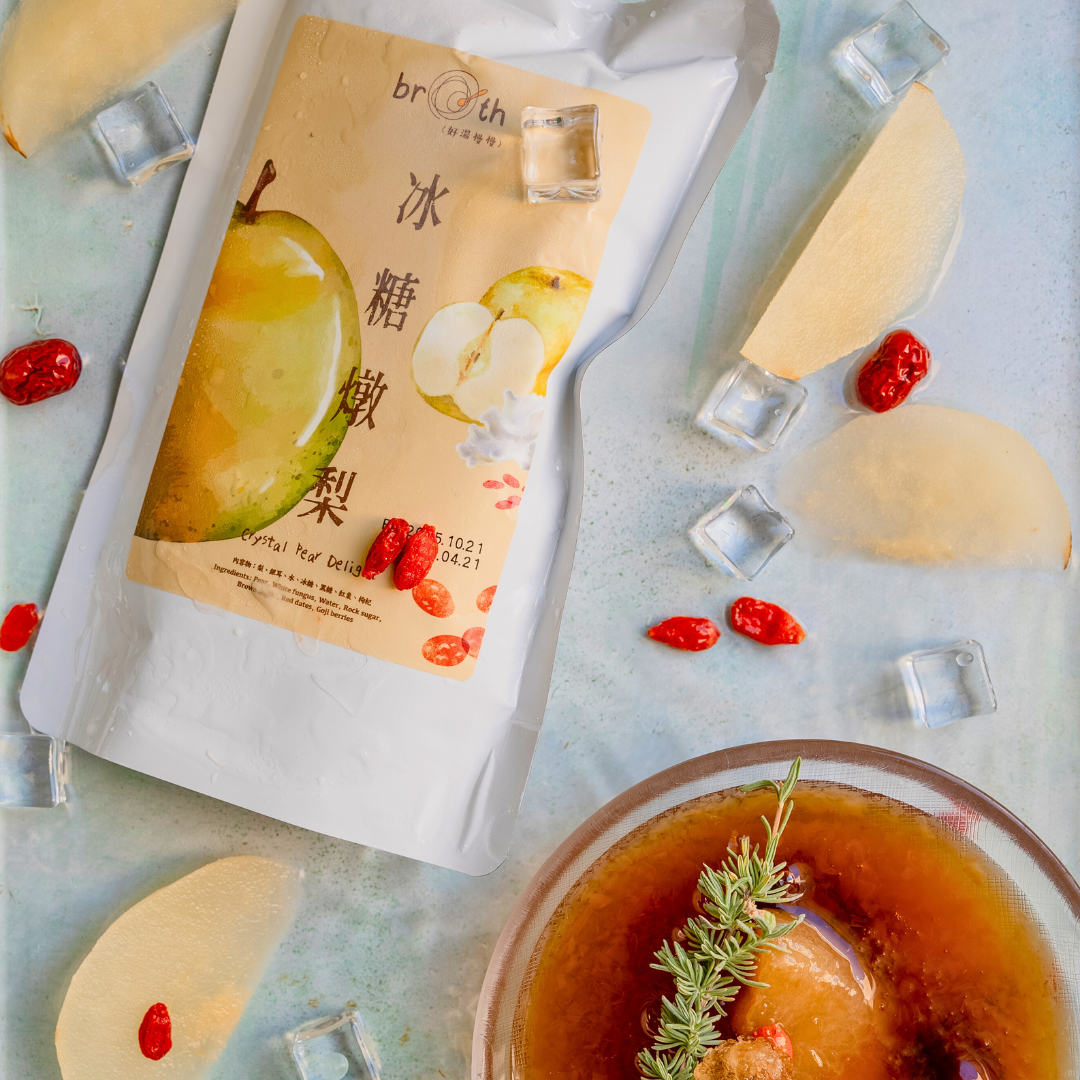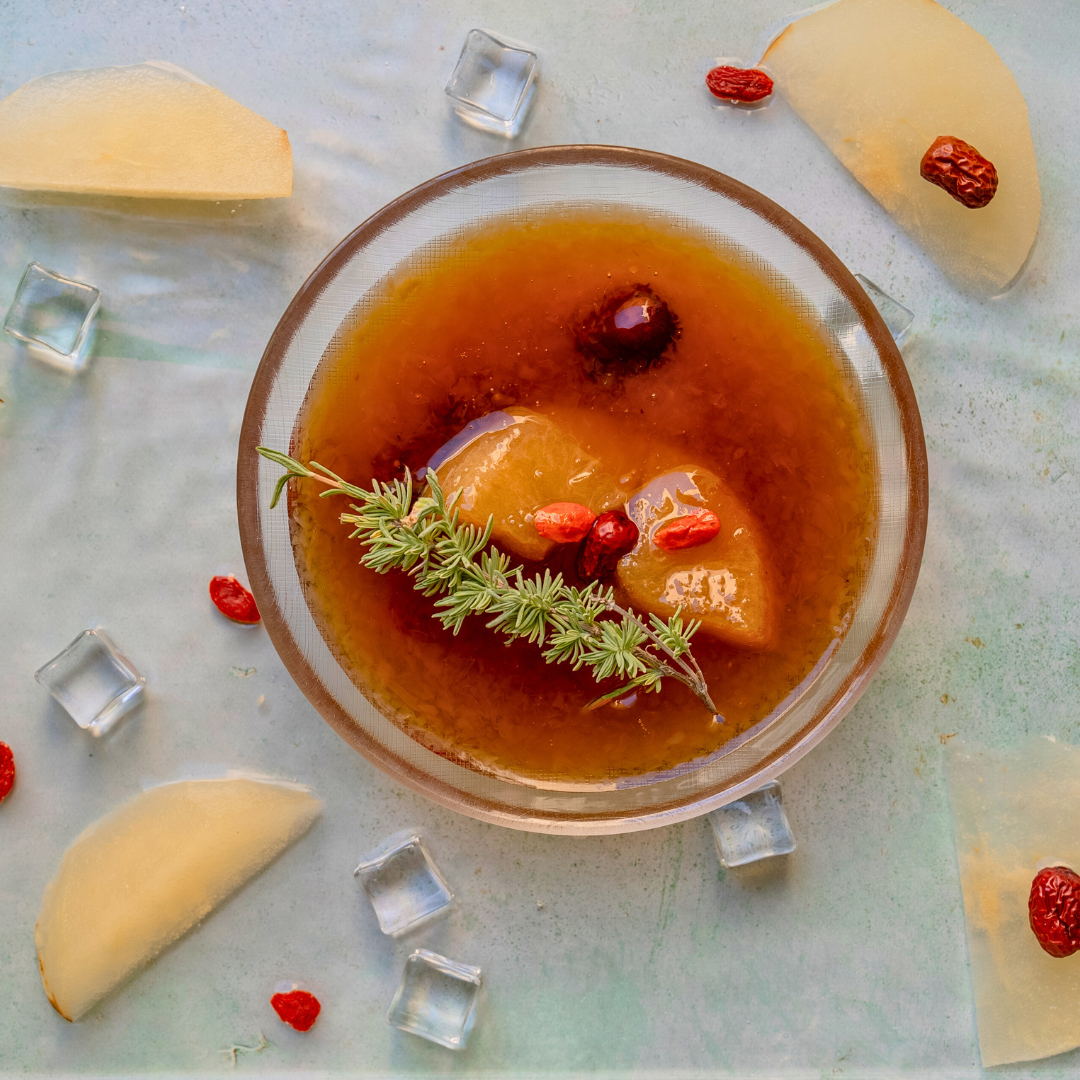
Women’s health isn’t a one-time task—it’s a lifelong journey. From your 20s to 60s and beyond, each stage of life brings different needs: How should you nourish your body? What nutrients do you need? How can you prevent disease?
Whether you’re working hard for your own dreams or caring selflessly for others, every age comes with key health priorities. In this blog, we break down women’s health by age group—from nutrition and check-ups to lifestyle habits—using science-backed tips to help protect women’s health at every stage of life.

20s: Build Healthy Habits for a Strong Future
Women in their 20s are at the peak of vitality.
Your body is strong and energetic now. But as you face life’s pressures on your own for the first time, it’s easy to neglect your health with late nights, overtime work, fast food, and emotional eating.
Remember: Every day of balanced eating and exercise, enough sleep, and stable weight lays the foundation for your future well-being.
In terms of health risks, your body is usually resilient at this stage, but it’s important to prevent infections like Helicobacter pylori (H. pylori) and HPV. Take preventive measures if possible.

This is also a time when love may become part of your life. Always respect and protect your body.
Seek medical advice about contraception and have routine gynecological exams each year. Pay attention to your mental health, too—learn what a healthy relationship looks like and how to recognize emotional or physical abuse.
If you’re planning for a baby, take 400 micrograms of folic acid daily to build up reserves.
Nutrition Tip: Prioritize foods rich in iron, folic acid, and vitamin C—like red dates, spinach, kiwi, and eggs—to nourish your blood and energy. A bowl of chicken essence from time to time is also a gentle, nourishing way to support vitality.
30s: Manage Metabolism While Balancing Family and Work
In your 30s, you’ve outgrown youthful illusions and better understand your real needs.
Many women at this stage may have become mothers, navigating the physical and emotional changes of pregnancy and breastfeeding while juggling work and childcare. The body’s nutritional needs soar, and it’s common to experience lowered immunity, hormonal imbalances, and issues like breast and gynecological diseases.
You might feel your stamina decreasing and exercise less. Eating more but moving less can easily lead to blood sugar and weight issues, so stay mindful.
Calcium supplementation is crucial for life. Bone mass starts to decline in your 30s, so it’s smart to build your reserves early.
Nutrition Tip: Increase your intake of calcium, high-quality protein, and antioxidant-rich foods, such as soy products, dark green vegetables, salmon, and nuts. Chicken essence and ingredients like yam can also help boost stamina and support internal balance.

40s: Embrace Change and Prevent Chronic and Menopausal Issues
After 40, women enter perimenopause.
Ovarian function declines, and estrogen levels drop, bringing symptoms like irregular periods, insomnia, depression, and hot flashes.
Forty is the age of wisdom. Embrace the inevitable physical changes with calm, avoid self-judgment, and focus on balanced eating, good rest, and emotional well-being.
Perimenopausal women should pay close attention to bone health and keep up moderate exercise.
This stage also brings risks of anemia, early-stage cancers (especially breast cancer), cardiovascular disease, and neurological issues—so screenings and early detection are key.
Regular bloodwork and lipid screenings—checking blood pressure, blood sugar, and cholesterol—are essential. Aim for at least one full check-up a year.
Nutrition Tip: Make sure you get enough calcium, vitamin D, and protein. Eat more foods with plant-based estrogens (like soy milk and flaxseeds), deep-sea fish, sesame, and nuts to gently balance hormones and protect your heart. A warming herbal soup with astragalus and angelica can help ease fatigue and mood swings.

50s: Focus on Bone and Heart Health for Long-Term Well-being
By your 50s, you’re more than halfway through life.
You realize that the most important thing isn’t external wealth but your health.
After 50, women officially enter menopause, and as estrogen declines, it’s essential to watch out for osteoporosis, cardiovascular disease, and reproductive system cancers.
Make sure to have annual heart and vascular screenings, bone density tests, and gynecological check-ups to monitor breast, cervical, and uterine health.
Mental health matters, too—stay socially active and pursue hobbies to reduce feelings of loneliness or anxiety.
Nutrition Tip: Include more calcium- and vitamin D-rich foods like milk, sesame, and dark green vegetables in your daily meals, and add fish and soy products for protein. Nourishing soups can help balance the body and strengthen bones. Also cut back on salty, fatty, and sugary foods to manage blood pressure, lipids, and blood sugar.

60s+: Maintain Function and Delay Aging
Women aged 60 and above have retired and are enjoying a well-deserved rest.
As you age, especially after 65, you’ll notice more visible signs of aging: slower metabolism, weaker breathing, reduced heart and brain function, duller senses, and muscle loss.
These changes affect digestion and nutrient absorption, often leading to insufficient protein, micronutrient deficiencies, weight loss, and anemia.
One key marker of health changes after 60 is that your height may begin to shrink.
Therefore, nutrition should focus on maintaining bone and muscle strength, with higher protein needs—women 65+ require more protein than younger adults. Outdoor exercise is also vital; sunlight helps your body synthesize vitamin D, which delays bone and muscle loss. Walking, brisk walking, and tai chi are great choices.
A healthy weight is important, too—it’s better to have a little extra body fat than to be too thin. Seniors should aim to keep their BMI above 20.
Nutrition Tip: Eat plenty of high-quality animal and soy-based proteins—ideally 120–150g per day. Drink 300–500ml of milk daily. Meals should be small, frequent, soft, and easy to digest. Yam, tofu, and crucian carp soup are excellent choices to boost protein and calcium intake. Pairing with chicken essence and other small-molecule high-protein supplements can help maintain strength and immunity.

Recipe Picks (Great for All Age Groups):
>>> Nourishing Morel Mushroom & Fish Maw Soup
Benefits: Boosts skin health, deeply nourishes, strengthens the body
Ingredients:
- Royal Fish Maw – 1 pack
- Chicken legs – 2
- Dried scallops – 10
- Chestnuts – 8
- Red dates – 5
- Chinese yam – 100g
- Morel mushrooms – 8
- Cordyceps flowers – 7g
- Goji berries – to taste
Steps:
- Prep: Rinse morel mushrooms and soak for 20 minutes; reserve the soaking water.
- Blanch: Cut chicken legs into pieces and blanch in cold water to remove impurities. Set aside.
- Build the broth: Add chicken, scallops, chestnuts, red dates, yam, morels, and cordyceps flowers to a pot.
- Add broth: Pour in the royal fish maw and reserved soaking water. Simmer for 20 minutes.
- Finish: Add goji berries and season with salt to taste. Serve and enjoy!
>>> Chicken Soup with Yam and Meat Patties
Benefits: Strengthens the spleen and stomach, boosts energy
Ingredients:
- Original Chicken Essence – 2 packs
- Chinese yam – 1
- Minced pork – 1/4 lb
- Eggs – 2
- Soy sauce – 2 tbsp
- Rice wine – 2 tsp
- Chopped scallions – to taste
Steps:
- Marinate: Mix minced pork with soy sauce and rice wine, marinate for 10 minutes.
- Prep yam: Peel and slice the yam thinly; layer at the bottom of a bowl.
- Assemble: Spread the marinated pork evenly over the yam and create a small indentation to crack in 1 egg.
- Add broth: Pour in chicken essence and enough water to cover the ingredients.
- Steam: Place the bowl in a steamer over cold water. Steam on high heat for about 20 minutes.
- Garnish: Sprinkle with chopped scallions before serving.
Final Thought:
Every stage of a woman’s life holds its own unique beauty and health challenges. Amid your busy days, don’t forget to set aside time for yourself—a bowl of nourishing soup and a peaceful moment. Caring for her health starts with caring for your own. True wellness is a long-lasting, gentle commitment.
“BROTH: A warm, nourishing companion for her health journey, every step of the way.”

-
Reference
Cleveland Clinic. (n.d.). Breast cancer in young women. Retrieved from https://my.clevelandclinic.org/health/diseases/16805-breast-cancer-in-young-women
Cleveland Clinic. (n.d.). Menopause. Retrieved from https://my.clevelandclinic.org/health/diseases/21841-menopause
Harvard Health Publishing. (n.d.). Perimenopause: Rocky road to menopause. Retrieved from https://www.health.harvard.edu/womens-health/perimenopause-rocky-road-to-menopause
Mayo Clinic. (n.d.). Helicobacter pylori (H. pylori) infection. Retrieved from https://www.mayoclinic.org/diseases-conditions/h-pylori/symptoms-causes/syc-20356171
Mayo Clinic. (n.d.). HPV infection. Retrieved from https://www.mayoclinic.org/diseases-conditions/hpv-infection/symptoms-causes/syc-20351596
National Institutes of Health, Office of Dietary Supplements. (n.d.). Calcium - Fact sheet for health professionals. Retrieved from https://ods.od.nih.gov/factsheets/Calcium-HealthProfessional/
WebMD. (n.d.). Aging in your 60s: What to expect. Retrieved from https://www.webmd.com/healthy-aging/ss/slideshow-aging-60s
BROTH. (n.d.). Original Chicken Essence. Retrieved from https://welovebroth.com/zh/collections/local-exclusive/products/original-chickenessence
BROTH. (n.d.). Royal Fish Maw. Retrieved from https://welovebroth.com/zh/collections/broth-soup-collection/products/royal-fish-maw

